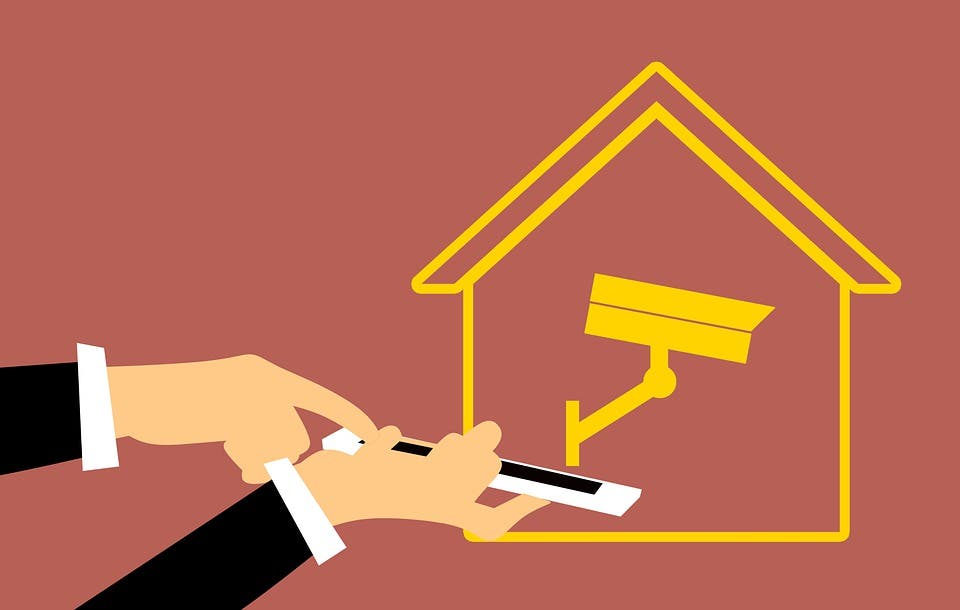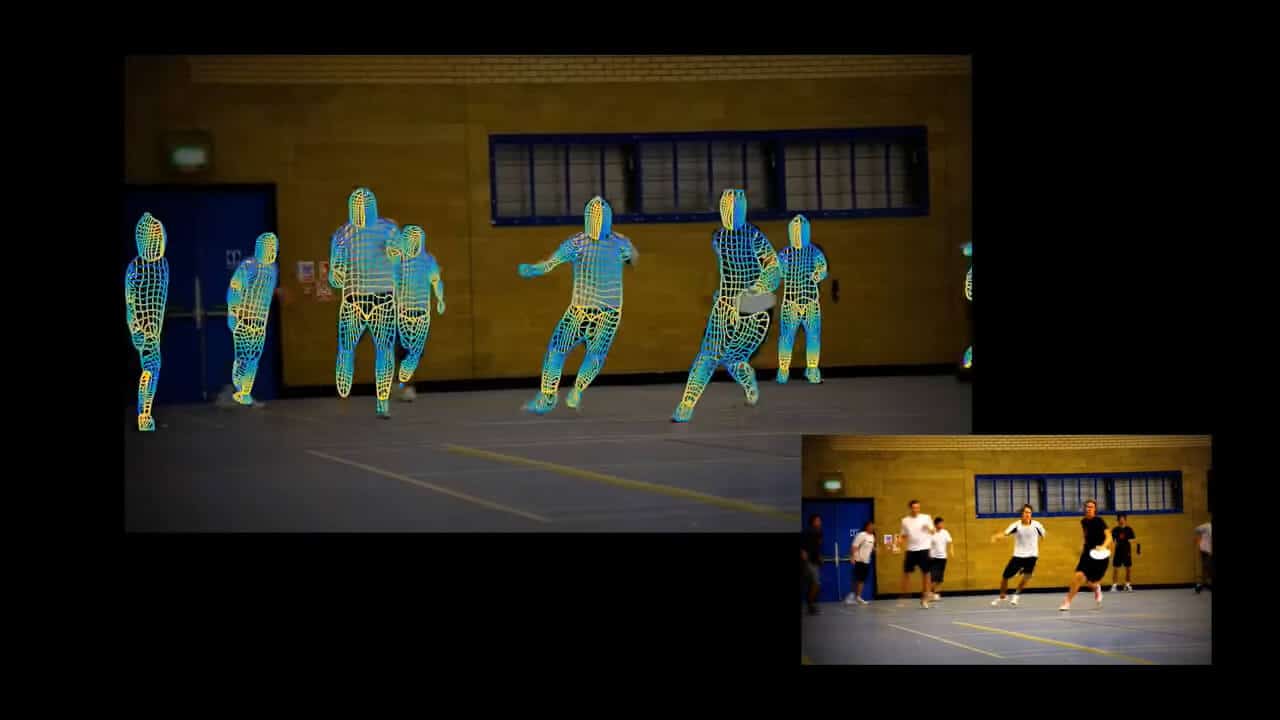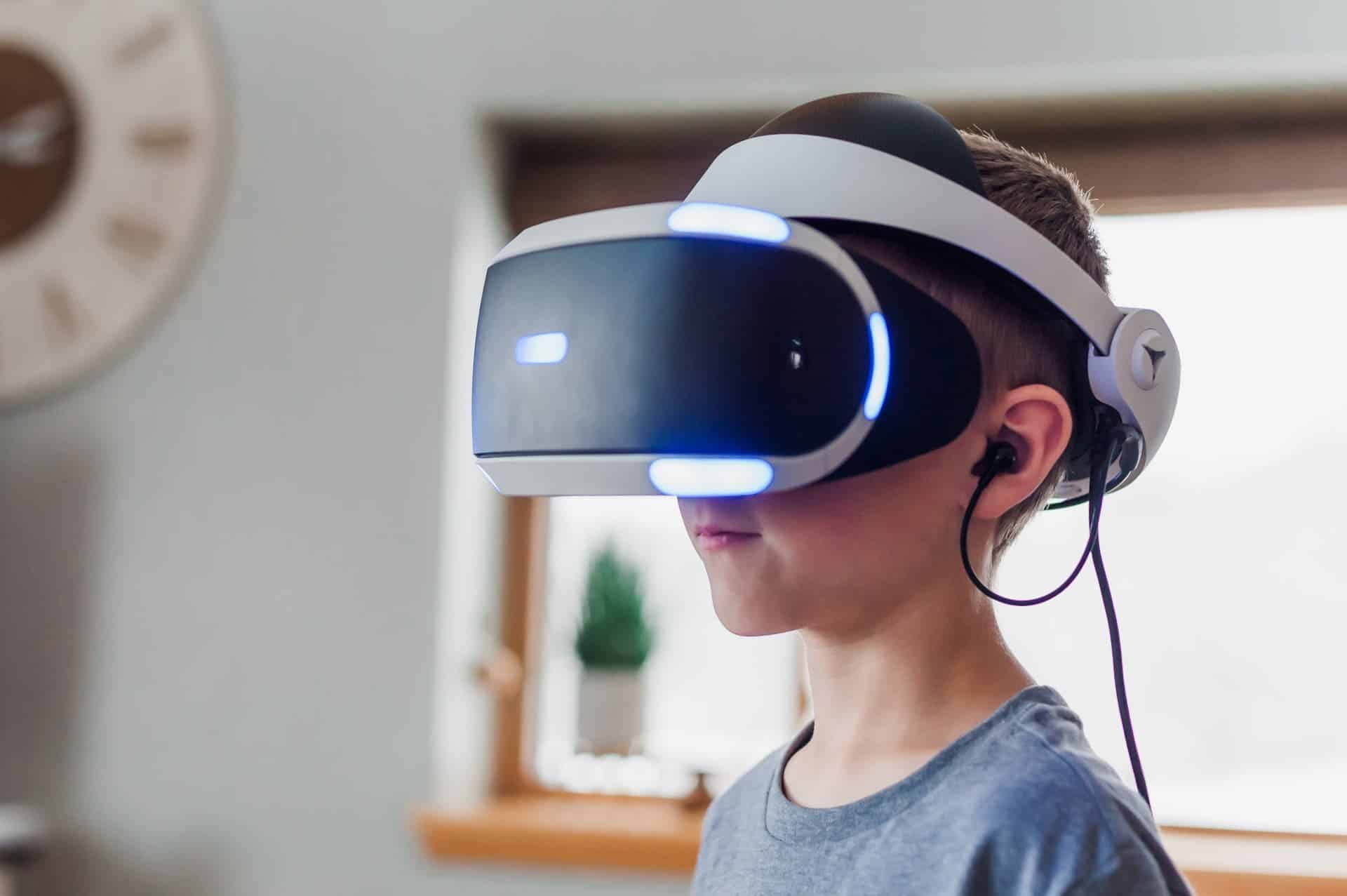
Fitting your home with security cameras is good for a number of reasons. Obviously, you discourage burglaries and other crimes on your property, as well as within its vicinity. You can also use the cameras to monitor your children and pets remotely. However, the security cameras can be turned against you if they get hacked, allowing a malevolent third party to record your intimate life and conversations.
Security camera software and firmware have come a long way over the years, which is why you should update them as soon as a new patch is posted by the manufacturer. Even so, no product is perfect and digital intruders may find a backdoor to spy on you using your own home security cameras. In the video below, researcher James Lyne shows you how to hack a security camera. It’s alarmingly easy and should concern minds in the security industry.
“A criminal attack on a property would have likely not been possible if the security was not negligent. So it is valid to consider the external security factors and hold the landowner of the property accountable,” says personal injury lawyer David Benowitz.
Here are five signs that your security cameras may have been hacked.
- Hearing strange sounds coming out of the camera
If you start hearing unusual sounds like beeping or even voices, you might be in trouble. This is particularly troublesome since hackers can even use two-way comm links in modern security cameras to interact with your kids through a hacked baby monitor.
- Abnormal camera rotation and panning
Watch your home security camera closely. Does it follow you around the house? That’s a pretty big hint the camera was hacked and someone is now controlling it from their side. These kinds of cameras are typically controlled by your app or computer, so if you notice the device is panning or tilting on its own, a hacker is probably controlling it.
- Changed security settings, including the password
Look closely at your security camera’s settings. Is something tweaked? In fact, can you access these settings in the first place? If your old password doesn’t work anymore, it may have been changed by a hacker. Check your e-mail inbox for any ‘changed password’ notifications.
- Suspicious data consumption
If your security camera is connected to the cloud, it will eat up a lot of bandwidth as it uploads and streams live video. But if the smart camera is uploading much more data than usual, especially when you’re not using it, this may be a sign the device is compromised.
Check your camera’s settings and head over to the ‘analytics’ section or any equivalent section. You should see a historical graph or table showing you the amount of data being transferred on a weekly, daily, or hourly basis. Look for any spikes in activity that cannot be explained. Better yet, you can install a firewall program on your computer that keeps tabs on the camera’s data usage and notifies you if there’s any suspicious upsurge.
- Unexplained login history
Most modern security cameras now have some safety features, such as sending notifications whenever someone logs into the admin account from a different device or location than you’d normally do this from. Check for any such notifications. They may reveal that someone is trying to brute force hack your home cameras.
Blinking LED lights flashing from the cameras
Different camera brands have different LED light settings. Check your device’s manual. Some cameras will have LED lights flashing fast when someone is trying to connect to the device.
Quick tips to improve your home security camera:
- Update your camera’s firmware.
- Change the default username and password.
- Turn on two-factor authentification so you receive an additional security code on your phone to login into the camera.
- Get a camera with advanced encryption, such as SSL/TLS or WPA2-AES protocols.
- Secure the home network router.
- Limit the number of devices that can access the home network.









